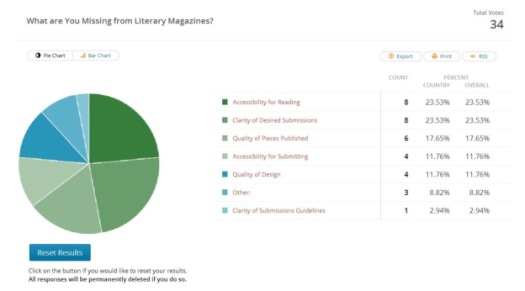Disclaimer: I know the poet.
On to the important bit:
I’m always hungry. My dreams show blood
– from “Imagined Farms”
These poems, as the title of the collection telegraphs, are about hunger. Real, raw, human hunger felt deep in the chest and body. This is not the hunger of “oh, I’m a little late for lunch,” or “where’s the waiter with that food.” This is the hunger of first heartbreak, of a fist nailing the solar plexus sweet like a perfect tennis swing. This is the hunger of loneliness and desire, hunger that is hard to hear and beautiful to hold.
In the same poem quoted above, Burke writes, “The dreams are open wounds, talking / heads.” This is a protest poem, and though it protests about the self, it protests against ourselves as a nation as well. The factory farms and the endless wars in counterpoint to each other: in profit through blood. And, still, the love and the hunger. This is also, at it’s heart, a love poem. It’s about a lover who is
…a cool
clean cucumber vine…
and I have let her wrap vines around my hungry
heart
and a yearning to both grow and keep safe the lover. You’ll have to read the poem to get more, though.
This is a short volume, 25 pages and 16 poems, but each and every entry pulls it’s weighty hunger into the forefront. It is difficult to select just a few examples.
“The Hungry Girls of America” is dense with metaphor and “starving, then eating, then starving, then eating,” and succeeds by being about more than an individual, more than complaint, by being plain-spoken and forceful and honest. This might be the anthem for every one of us who feels like they can’t get ahead.
“The Harness” has long been one of my favorite poems by Burke. It has evolved in my acquaintance, and here it presents a tenderness and wholeness in a relationship. That ever-present hunger is softened here, attenuated.
I don’t want to give away too many of these poems. As a whole, you should know that this is a forceful collection that is very clearly feminist and queer in its sensibilities. It connects though. As a reader, you will be satisfied with this collection, but it will leave you feeling a hunger. For more of Burke’s poetry, for human connection, and for awareness to the world around you. Be open to that hunger.
You can get a copy at ELJ Publications: http://eljpublications.com/available-titles/let-the-body-beg/


